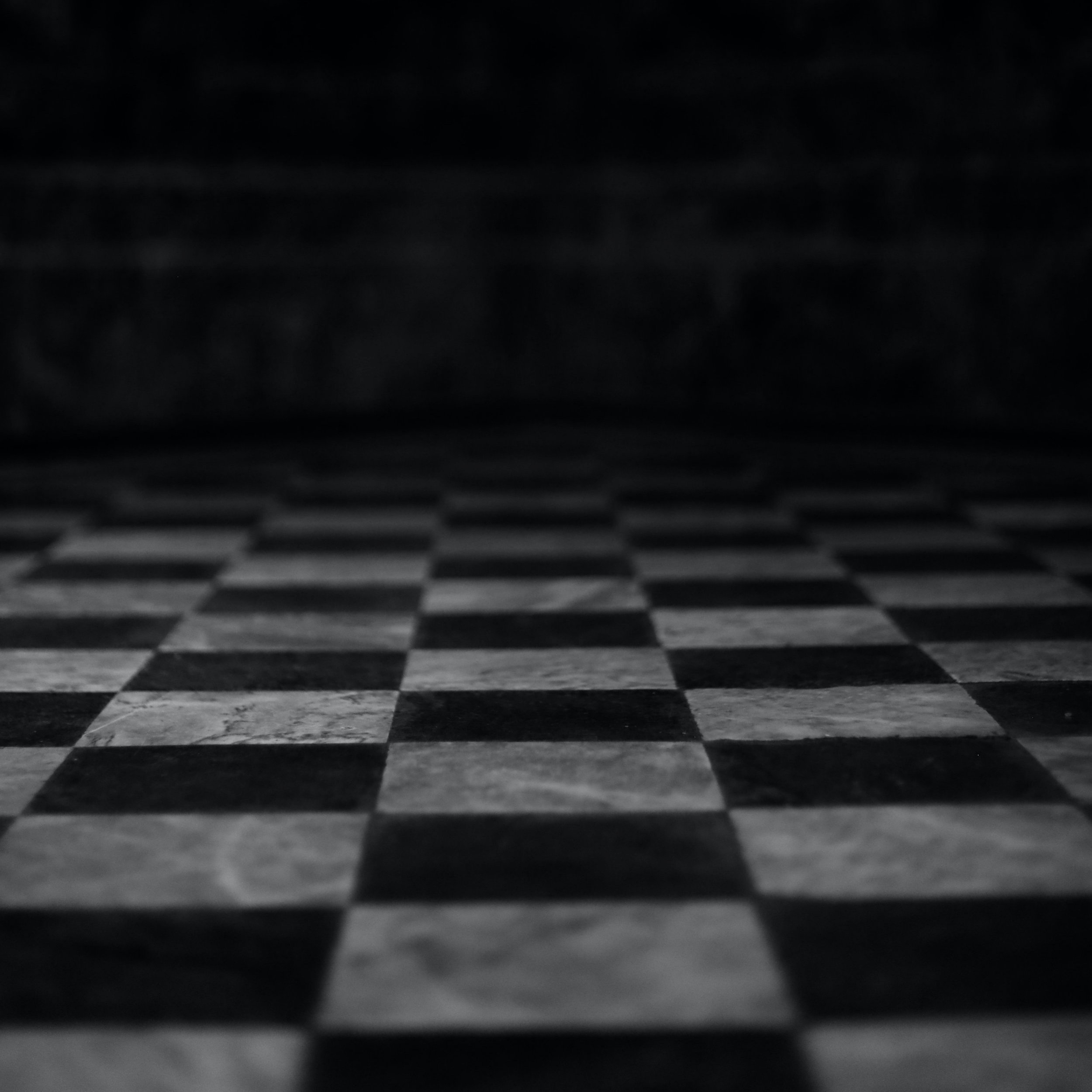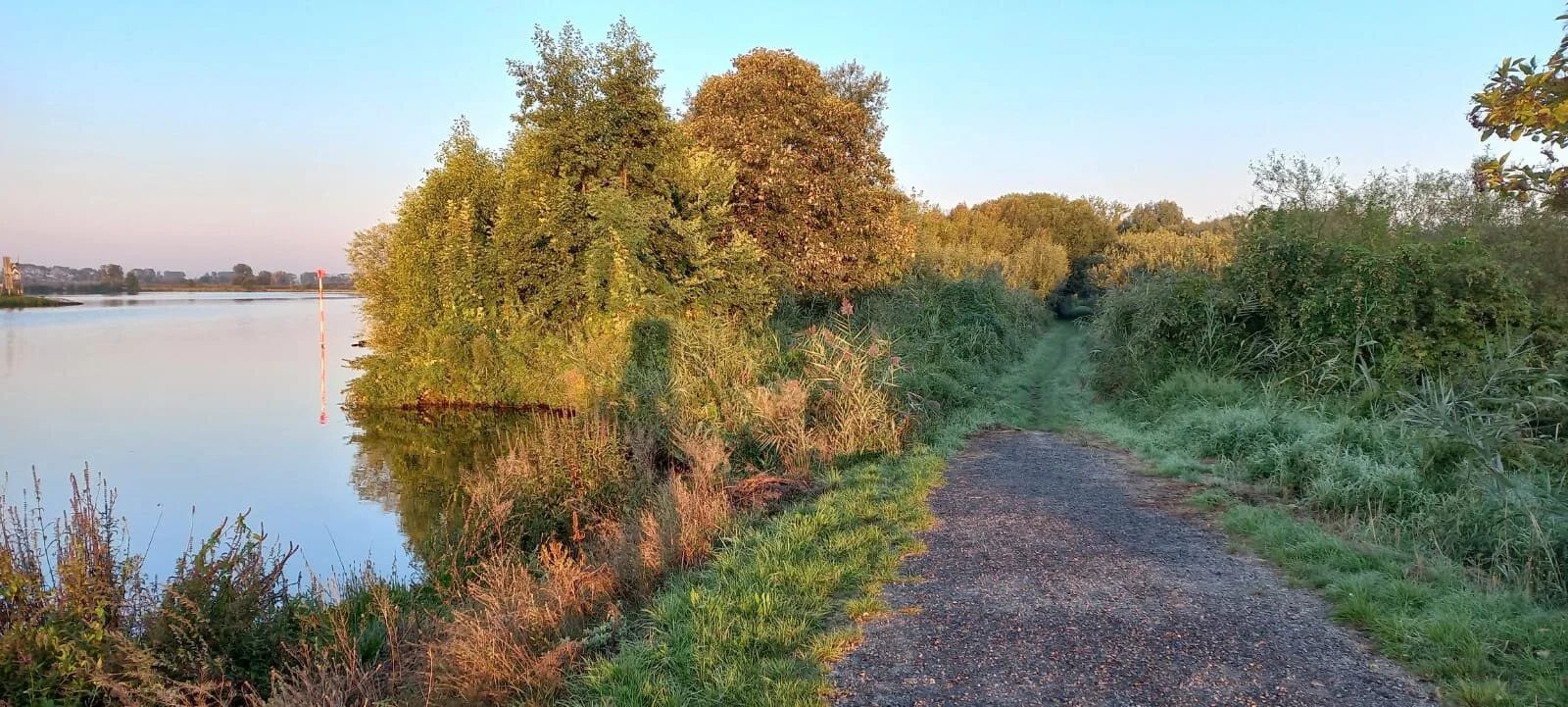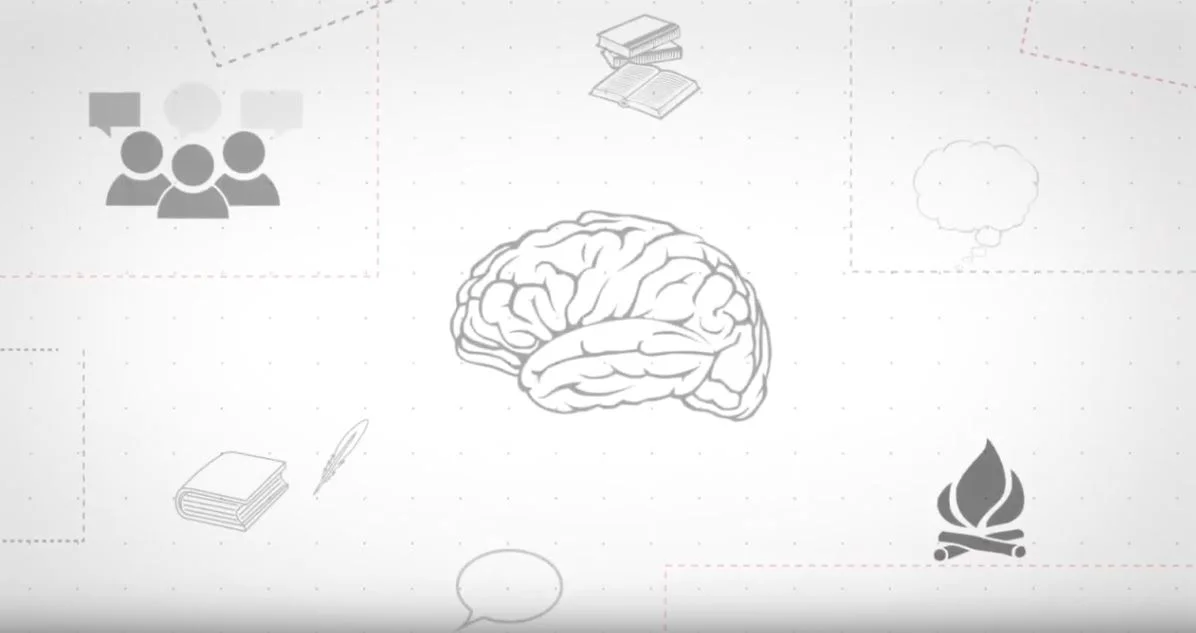Over the next weeks, we will publish some thoughts, interviews and other media to map the field for Beyond Storytelling 2020 – POWER OF STORY | STORIES OF POWER and introduce key noters and contributors of the conference and the masterclasses.
This interview features speaker, futurist and storyteller Adah Parris tracing her career and the emergence of the concept she is currently working with: cyborg shamanism. Adah will contribute a key note and
a masterclass to the program of #BST2020.
This arricle is reposted here with the kind permission of the authors, Cindy Chin who conducted the interview, (CEO of CLC Advisors) and Adah Parris. The original article can be found here. The interview was conducted at Kinnernet Venice at H-Farm in Roncade, Italy.
**************
Where did you start out in your career? When did you find your calling?
I feel that my career has been a process of hypothesis forming and experimentation which has led me down some interesting paths. I’ve been fortunate to also be able to explore my seemingly contradictory areas of interest, to eventually see the connections between them to then create or recognise new opportunities.
I read Pure and Applied Mathematics and Educational Studies at University and I think that’s where my love for pattern recognition and problem-solving deepened. I loved modules on the history of maths, algebra, geometry, classical mechanics and group theory. I also loved anything to do with alternative pedagogic models especially Steiner and Montessori schools.
I worked in education at London Business School on the business side of advertising at The Institute of Practitioners in Advertising (IPA), mostly designing programmes and running committees. That’s where my experience and curiosity into decentralised problem-solving systems was born. Then, I worked at Wayra, Telefonica’s technology accelerator programme and designed the original 6-month programme and that’s where my understanding of emerging technology, innovation and entrepreneurship developed.
My last ‘job’ was working as a Futurist for The Friday Club, a events and venture building type company that brought technology startups and marketing and communications senior people together in a mentoring-innovation learning and development environment.
I’m also an artist who has curated and hosted immersive multisensory and multi-technological experiences. I think my ‘calling,’ if you can call it that, has been to be a storyteller and creative problem solver who cares deeply about equality and injustice. I think that my life and career up until this point has been about helping me to fine tune my skills (an ongoing process) in order to be able to create a way to bring all of those sides of me together for something bigger than purely material or financial gain.
Reading and gaining more knowledge are integral parts of a growth mindset. What book(s) are you currently reading? Who is your favorite author?
I usually have a few books on the go and dip in and out of them so I have time to process and look for connections between what I’ve read and the outside world.
Currently, I am reading “Einstein, Picasso: Space, Time, and the Beauty That Causes Havoc” by Arthur J. Miller.
I’m also exploring alternative futures and so reading the works of Nnedi Okorafor who writes about African Futurism so I’ve started with her book Binti, which she has just announced will be remade into a TV series with Hulu. I’m very excited by this news.
What made you decide on your career? Did you have mentors to guide your way?
I’m more of a polymath who has finally worked out a way of bringing all of my loves together, digital and quantum technology makes up part of that value proposition. To me technology is about the use of tools and different mediums to help us solve problems.
I have had a career of exploring and working with a variety of tools (technologies) and have found that there is greater value and impact to be had in taking a holistic or blended approach to innovation. I just happen to also understand how some of the digital (quantum) technology works.
I’ve been very fortunate and have, and continue to have mentors who have helped guide me. In my earlier career, it was those unofficial mentors who helped me explore new career pathways because they recognised the curiosity and skills within me. The best thing about having mentors is that the relationships should be mutually beneficial with curiosity, trust and respect at their base.
I use the word “cyborg” as a deliberate provocation and call for us to think about what it means to be human - the ethics, power, responsibility, boundaries and possibilities of what is possible, and what we are capable of.
I use the word “cyborg” as a deliberate provocation and call for us to think about what it means to be human - the ethics, power, responsibility, boundaries and possibilities of what is possible, and what we are capable of.
How did Cyborg Shamanism come about and why is it relevant right now?
Cyborg Shamanism is a way to empathetically subvert that status quo. It is the result of 5 years of mind-mapping patterns that I saw across different ecosystems and worlds: digital and quantum technology, spirituality and mysticism, psychedelic studies, quantum physics and other areas that I have long had an interest in.
At the time, I was working as a futurist at The Friday Club, organising an event on Transhumanism and was speaking to Liviu Babitz from The North Sense. Liviu calls himself a Cyborg and has a piece of technological hardware inserted into his chest. The North Sense is a device which when it detects magnetic north vibrates. The device effectively turns you into a human compass. I asked him why he had the implant and he said that he felt that this was ‘future human’. The device helped him to develop senses that we as humans didn’t have but some other mammals such as birds do. Liviu talked about how the device helped him to connect and understand himself, his environment and because there were others who had the device they had formed a community.
To me, he was saying the same thing that some people from the psychedelic, plant medicine and shamanic communities were saying. That they journeyed down those paths because the medicine, shaman or psychedelic tool helped them to connect with themselves, their environment and with a particular community of fellow explorers.
I use the word “cyborg” as a deliberate provocation and call for us to think about what it means to be human - the ethics, power, responsibility, boundaries and possibilities of what is possible, and what we are capable of. I use the word “shamanism” as a call to actively seek and find other perspectives, other ways of knowing, and that could be shamanic, quantum, spiritual, algorithmic, or purely by a difference in life or professional experience. All are of equal relevance. I found a new connection between those seemingly juxtapositional worlds. The only difference was their means of exploration, the tool, the technology. And so, Cyborg Shamanism was born.
What do we or should we value? Whose responsibilities is it to determine what is or isn’t valuable and what levels of power do they have (assumed or otherwise)?
We can already see this last question arising when we look at the developments in areas such as blockchain and cryptocurrencies. My focus is to look at measures of success that are humanity (planetary) focused, like the UN Sustainability Goals (SDGs), in particular SDG 17, which is about creating partnerships for the other goals to be addressed, and working with others to create spaces in the real and virtual world for these partnerships to occur in trust and transparency.
Do you think that people are looking for things to aspire and worship in a tech world where human interaction can somewhat be isolated?
As humans, I believe that we are always seeking something bigger than ourselves, it’s in our nature. That sense of curiosity, awe and wonder. To give us answers to the questions that we don’t have the immediate answers to. Throughout history this has been through different forms of storytelling (religion, art, TV). I don’t think that has changed.
What has changed are the tools we may use to help us find the answers to these questions. To help us to explore, connect with and quantify ourselves, our surroundings and our connections to each other. The tools that make us ‘smarter’ but also to give us the answers quicker, which is again part of the problem in terms of isolation. We want everything now, we have become digital junkies and constantly want to be inspired, to get our next fix. So we are increasingly looking up to be inspired and for something to worship. There is a lot to be learnt about ourselves and each other in those moments of silence, boredom and chaos.
Does tech like social media connect or diverge people?
Social media is a form of call and response, so to that end it has always existed. Think about smoke signals and other forms of broadcasting messages throughout history. It’s about the way that we choose to see and interact with technologies that is a problem. The rituals and associated behaviours that we don’t take personal responsibility for are a problem. The stories that we tell and create about the potential power of those technologies’ control over us is also a problem.
To quote art critic, novelist, painter and poet John Berger, “Never again shall a single story be told as though it were the only one.”
Why is diversity and inclusion a critical factor in the world as we know it?
Diversity and inclusion is not just about how humans organise our social, economic, political and cultural lives. It’s bigger, or smaller than that. On a subatomic level diversity and inclusion is critical for life, critical thought and reason to be formed, exist and thrive. So why should our cultures, societies, politics, etc. be any different? How that happens is another matter and that’s what I’m interested in. How to use collective intelligence to transform us from where we are to where we want it to be or should?
What is it like to witness living history and the rise of technology firsthand?
As a child I wanted to be an astronaut because I wanted to be Uhura from Star Trek and I fell in love with Mr Spock from Star Trek. I wanted…
“To explore strange new worlds
To seek out new life
And new civilizations
To boldly go where no [human] has gone before”
To see some of this becoming possible in my lifetime, and to see and have some of the gadgets that I only saw in scifi movies and shows become commodities, can only make me more curious and excited about what else is possible in and beyond it.
How much creativity and imagination is necessary in what you do daily? What is the percentage breakdown?
In terms of living my life, creativity and imagination are daily facets of what we all do. They form the basis of problem solving, which means we are all innovators too.
In relation to work, I apply a different level of creativity and imagination to what I do usually in the form of critical thinking. I’d also say that I’m part philosopher, anthropologists and medium agnostic storyteller. I like to give people things to think about which hopefully means that they feel they have more choices about how to act and why.
What is the next big thing that are you planning?
I’ve recently ran a beta test on a live immersive version of a Cyborg Shamanism experience at the Tate Modern, not a bad location for a beta test, eh? It was a great success and so now I’m designing the next live collective intelligence open innovation experiences, probably on climate change.
Exploring Cyborg Shamanism at Tate Modern. Photo courtesy of Adah Parris.
I’m also designing a masterclass on my process so that I can teach others how to create their own experiences. I’m taking all of these insighst and designing a platform to enable and facilitate partnership and collaboration.
In the meantime, I’m preparing to speak at some conferences in Dubai, Berlin and Munich on Cyborg Shamanism and the impact that collective intelligence and other ways of knowing could have on innovation. It seems like loads but they are all interconnected and so once I solve one problem then the others should fall into place.
The great thing is that I’m not doing this alone and have some wonderfully generous mentors, friends, colleagues, and soon to be collaborators and partners who want to join me for this adventure. It’s moving from a “what am I planing, to a what are we planning?” and I love that.
What keeps you up at night?
I’m quite good at falling asleep. My problem is that my brain doesn’t switch off easy and so in the witching hour of the morning (usually around 3.30–4am) I wake up with a word, idea or more recently a partially formed haiku in my head. The haiku writing is an interesting one. I can be quite verbose (I love words) and so they haikus have been a way of helping me to be succinct or simplifying a complex idea.
My subconscious mind is in overdrive and puts things together in weird and wonderful ways, then churns them out through lucid dreams. Generally it’s the culmination of problems that I haven’t been able to solve about work, people, life. I’ve started crying more at the instability and injustice in the world and so power, ethics and responsibility feature highly in my preoccupations. I usually write them down and then go back to sleep and try to work it out in the morning after I’ve had more sleep.
What gets you excited to get out of bed each morning?
A few things. That I’m alive, healthy, have family and friends and have a certain amount of privilege that should not be squandered or used purely for my own gain. Curiosity and possibility for what the day holds and what I can achieve, even if it’s just thinking through a complex problem. Waking up to process what my weird and wonderful subconscious mind has been working on overnight.
What should we be doing now in preparation for the future of work? Will we need cyborgs?
The future is now. Artificial intelligence, machine learning and other forms of digital and quantum technologies are already changing our understanding of what work is. Many repetitive tasks and processes that can be automated have been and will be assigned to technology. So I think the more important questions should be what will be the purpose of work? How will many humans (especially in the developed world) continue to find purpose and strive for their potential when that changes? Just as our understating and relationship with words change so will our understanding of what a cyborg is and so it’s difficult to answer that without opening up a new rabbit hole.
Who will win? Machine or human?
Why does it have to be a competition? Why can’t we find a way to co-exist and augment each other?
Brilliant.
**************
Learn more and register here.
*********























